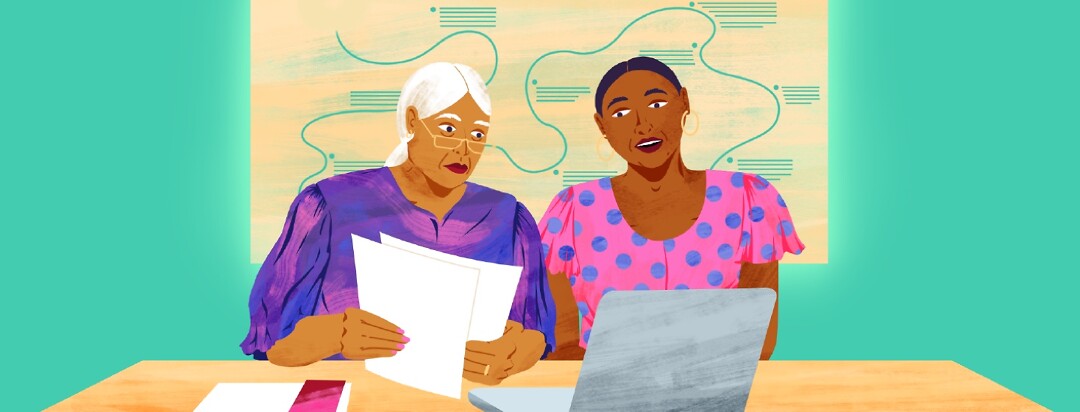Plan of Action
When receiving the news of lung cancer; it is imperative to move swiftly. My mother spent weeks in the hospital with what was assumed to be pneumonia, only to find out a month later it was lung cancer.
I don’t even know or remember if she was diagnosed with NCSLC or SCLC. I do know everything happened so quickly, I’d take a gamble to say it was SCLC. There were many things missed, but I know there was a period where there were forms to fill as she made me her healthcare proxy. I must say the whole situation is so very scary but there are some very important moving parts that should be noted.
Educate and learn
The more you educate yourself on the type of cancer and learning what the odds are and so forth is a good thing to do. As mentioned before I wasn’t with my mom for a lot of those talks, but I’m sure the word “Lung Cancer” took precedent over whatever else was being mentioned. I can say I didn’t even understand the difference in the type of cancer until way after her passing, and still struggled with clarity of it all.
By following other people’s journeys and seeing the different outcomes good and bad can open up the dialogue of how to go about the next steps of survival. I’ve acquired a lot of information containing booklet literature, and though helpful, it still helps to talk about what it is that you’re reading so that you can fully absorb it all with clarity.
Questions please
I’ve learned that no question is a silly question when it comes to your health. I think many times people become so intimidated by any health care staff, as they may think these people know the best so why not follow?
Well, that’s somewhat true; you as the patient must stay on top of those you’re having these discussions with because sometimes some are not the best in their craft. The questions should flow but if you are meeting resistance or the answers don’t seem transparent, then it may be time to bounce elsewhere for care.
Support all the way
Yes, if you have your immediate support system that is fabulous, but sometimes you may be comfortable sharing your trials and tribulations with people not connected with you, but hold the same concerns and anxieties as you based on the situation. The problem usually falls into where you can find that support group. Luckily the hospitals can assist with this; the problem is you have to alert them that you are interested in a support system.
One point (along with some others) I found lacking at my mother’s place of care was you had to ask a lot for things that should have been a given on a diagnosed conversation. We had to ask for a social worker, and that’s a big deal as this person is like a middleman/ woman that can help direct you to what you need in having the best care. The idea to ask and find someone on staff especially if your care is in a hospital blows me away. Though the situation may not be the best, remember to seek, find, and ask. If this person has not presented themselves, do ask for a representative with your current health team.
The time to fight is now, with integrity, grace, hope, and a smile...when you feel like it.

Join the conversation